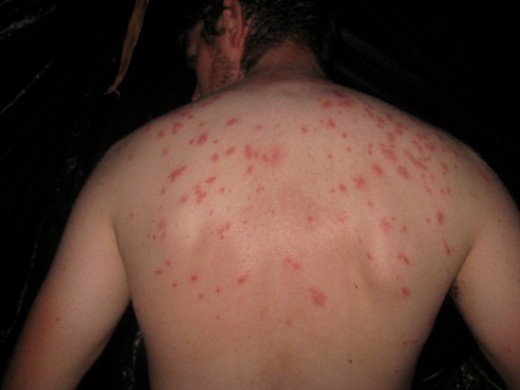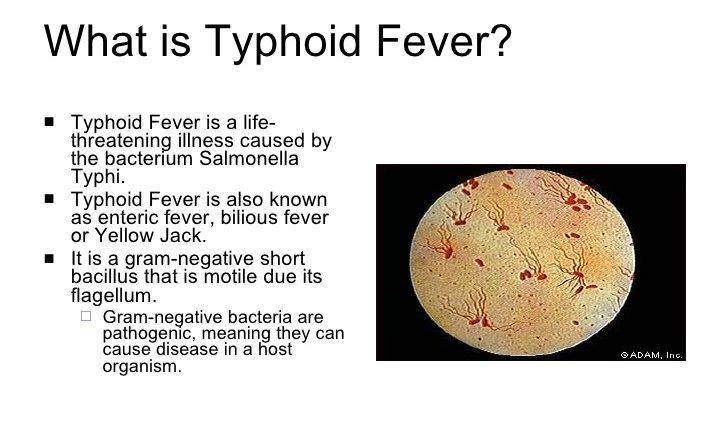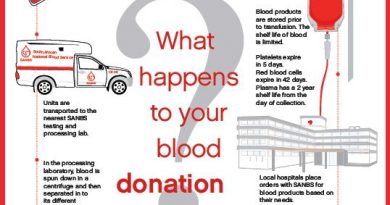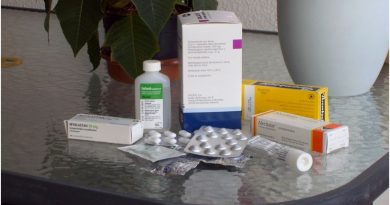Typhoid Fever– What you need to know!
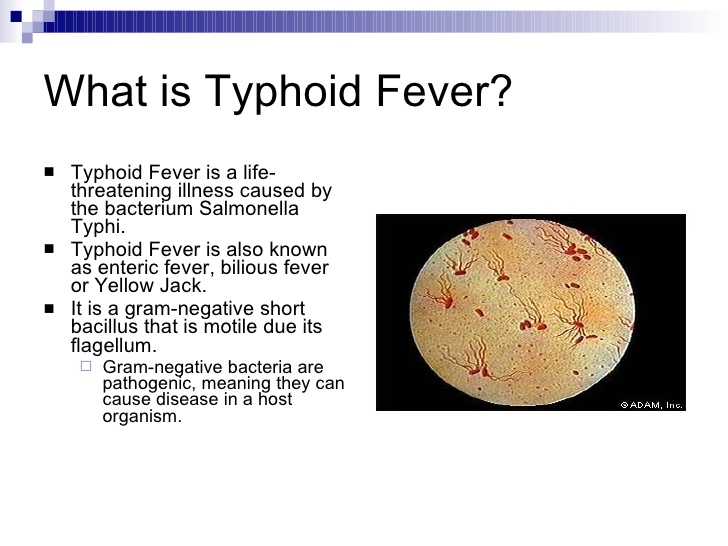 Following recent news of four cases of typhoid in Johannesburg, many people are wondering how to safeguard themselves.
Following recent news of four cases of typhoid in Johannesburg, many people are wondering how to safeguard themselves.
While there is no current concern for spread, ER24 urges people to familiarise themselves with how a person develops the illness and how it affects a person.
Explaining the illness, Dr Robyn Holgate, Chief Medical Officer for ER24, said, “Typhoid is a serious bacterial infection usually caused by Salmonella enterica serotype typhi.
“Typhoid, also known as enteric fever, is contagious and is spread by either direct contact with the faeces or urine of somebody infected, or indirectly by eating food or drinking water contaminated with the faeces of an infected person. The spread may increase in situations where poor hygiene and sanitation conditions exist although it could be spread by incidental ingestion of contaminated food, fruit or fluids. Humans are the only reservoir hence a travel or recent contact history is critical in establishing whether typhoid is a likely diagnosis or not, as there are many other organisms which may cause enteric type illness or gastro-enteritis.”
Dr Rolf Verster, a General and Occupational Health Practitioner in private practice who also runs a Travel Clinic and Travel Health Consultancy at Mediclinic Sandton, said typhoid fever is a serious enteric and systemic infection that may be insidious in onset and presentation.
“In the early stages, patients may only present with fever, constipation (usually older children and adults) or sometimes diarrhoea (in younger children), abdominal pain, loss of appetite, body pains and headache,” said Dr Verster.
Usually people present about 10 to 14 days after exposure, but the incubation period could range from five to 21 days post exposure. They present with a high temperature (38.5 degrees Celsius or more) and chills.
The patient also presents with malaise, myalgia (muscle pains) and a bradycardia (slow pulse) in the first week. Blood tests may still be negative during this stage. The patient may also describe gastrointestinal signs and around the second week, may develop a feint rose spot rash on the chest and abdomen. The patient is usually too tired to get up and may appear confused as a result of dehydration.
“Any patient with worsening or unresolved diarrhoea should consult with a health care professional. Although some patients may present without serious signs and symptoms, the usual presentation of typhoid is that of a very ill patient who is dehydrated, may have the rose spot rash (only in 30 percent of patients), and has diarrhoea and dehydration with a high fever. The patient may also present with bleeding from the nose, or mention that they noticed blood in their diarrhoeal stool,” said Dr Holgate.
She said that if diagnosed early enough, typhoid is imminently treatable with oral antibiotics and rehydration. A very dehydrated or critically ill patient will be admitted to hospital for a drip and intravenous treatment. Complications could include intestinal perforation, multi-organ involvement, meningitis and shock.
“We remind the public that typhoid occurs worldwide, and we often experience outbreaks in developing countries. There is no need to panic. Although there is no current concern for spread, it is always good to practice safe food and hand hygiene techniques to ensure avoidance of any enteric or gastrointestinal diseases.
“Critical for the prevention of spread is good hand washing especially before eating and after using the toilet, drinking uncontaminated water (bottled water, boiled and cooled water or appropriately chlorinated water), and eating food which has been properly washed. Food not properly washed or heated should be avoided. If you are eating fruit and vegetables not washed by yourself, consider peeling it first. Warm food from street vendors should be cooked and served hot. Using clean plates, cups and utensils is also advised.
“In areas where there are outbreaks, avoid ice unless you are sure it has been made with bottled water. If soap and running water are not available for hand washing, use a hand sanitiser containing at least 60 percent alcohol,” said Dr Holgate.
Dr Verster added, “Meticulous hand washing and observing standard precautions are the pillars of infection control. For travellers who are going to areas where typhoid outbreaks are common, vaccination with typhoid vaccine is advised. However, it may not be effective against current typhoid strains. It is wise to speak to a travel health care specialist when planning your trip.”
Issued by Chitra Bodasing
ER24 spokesperson
